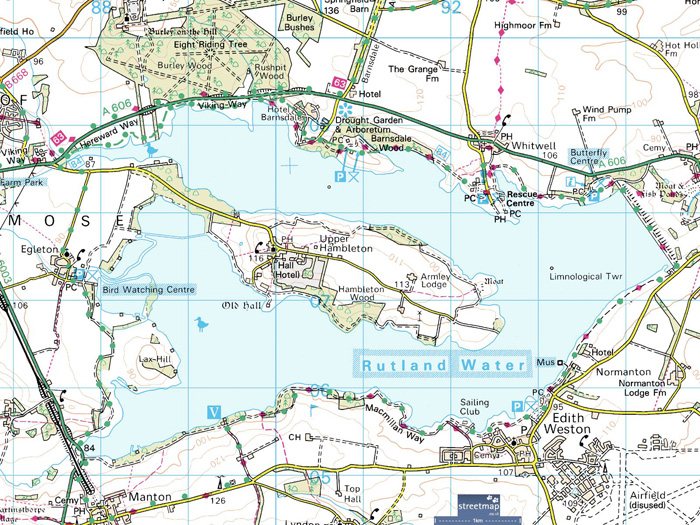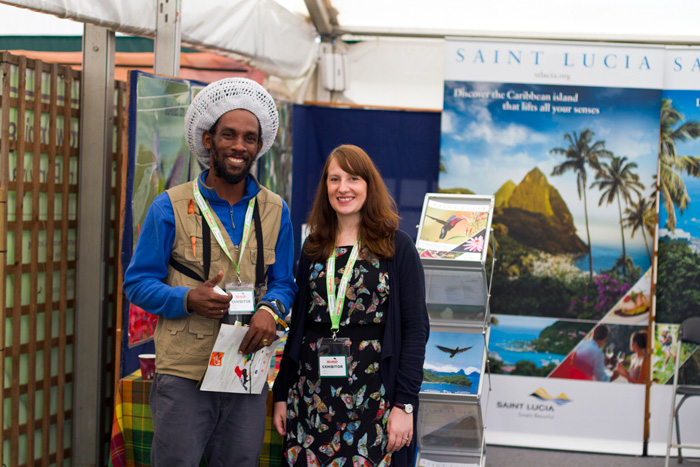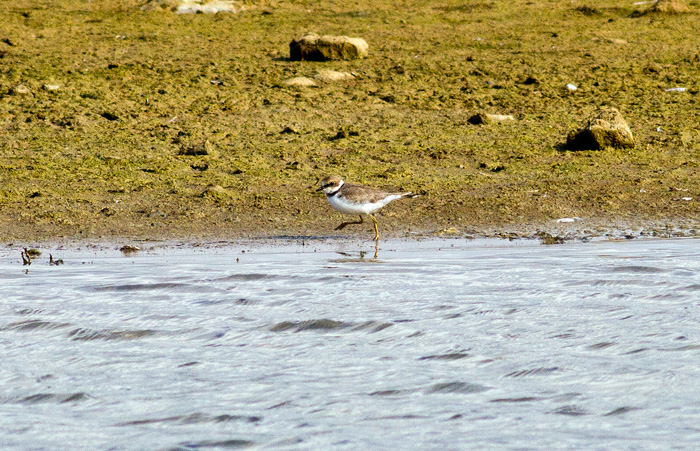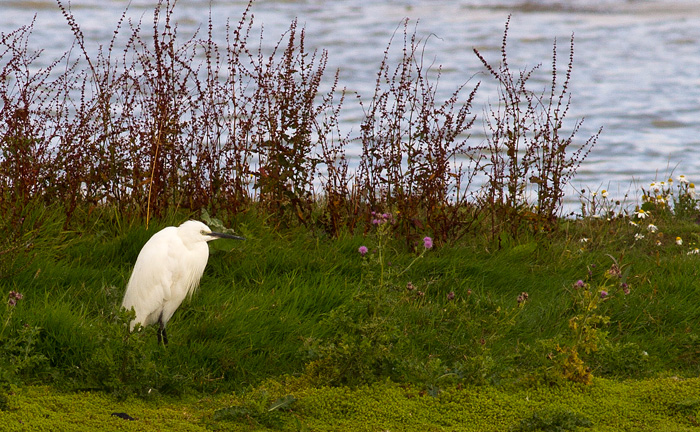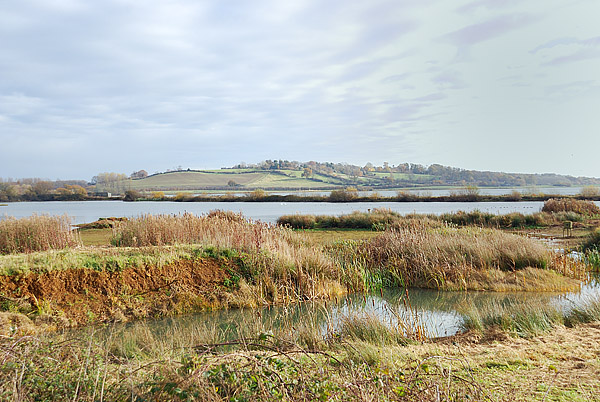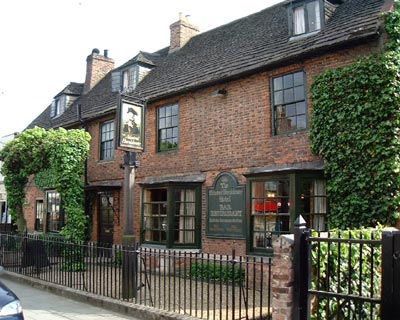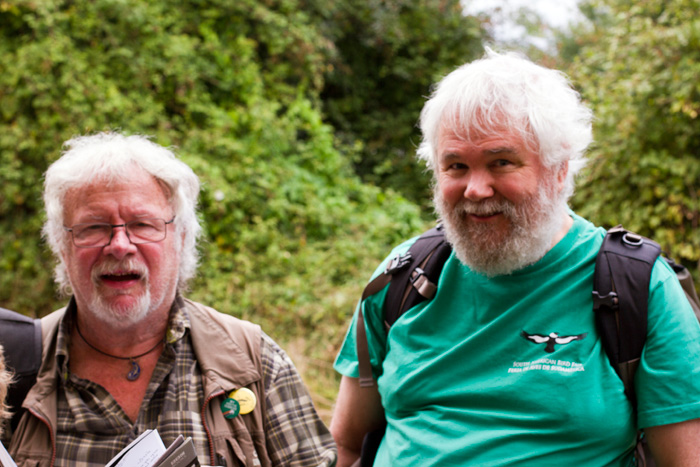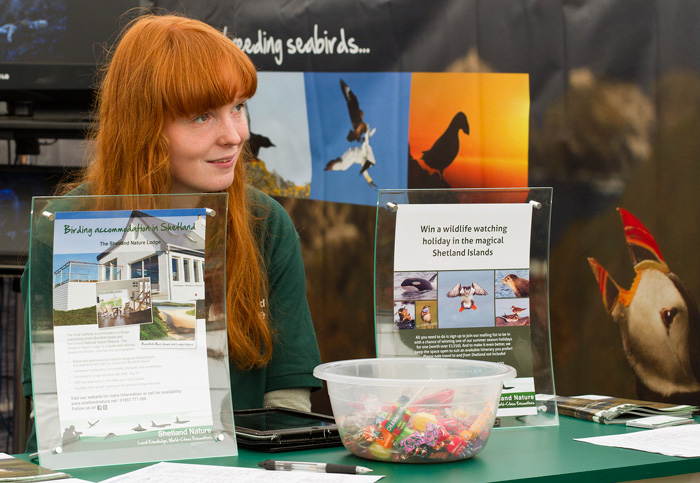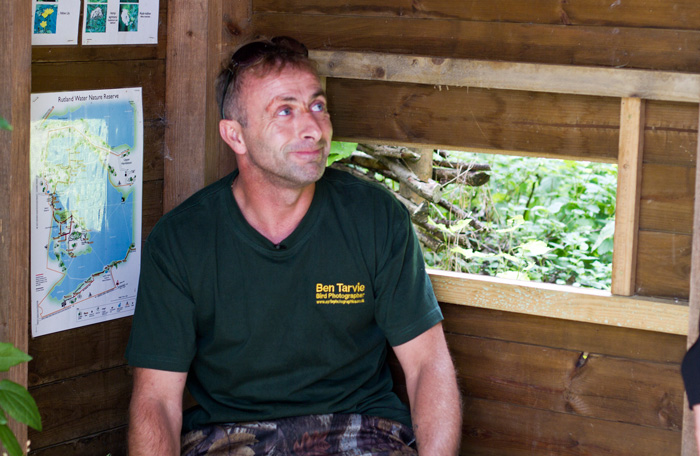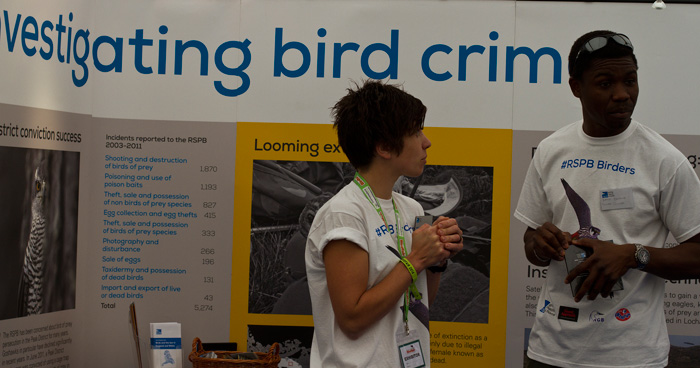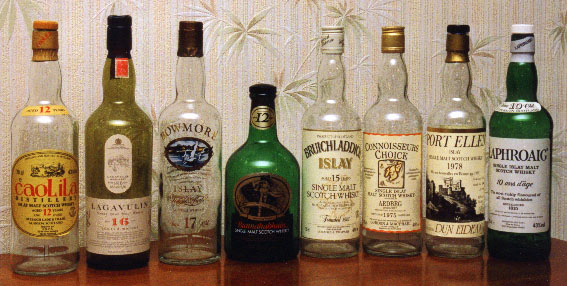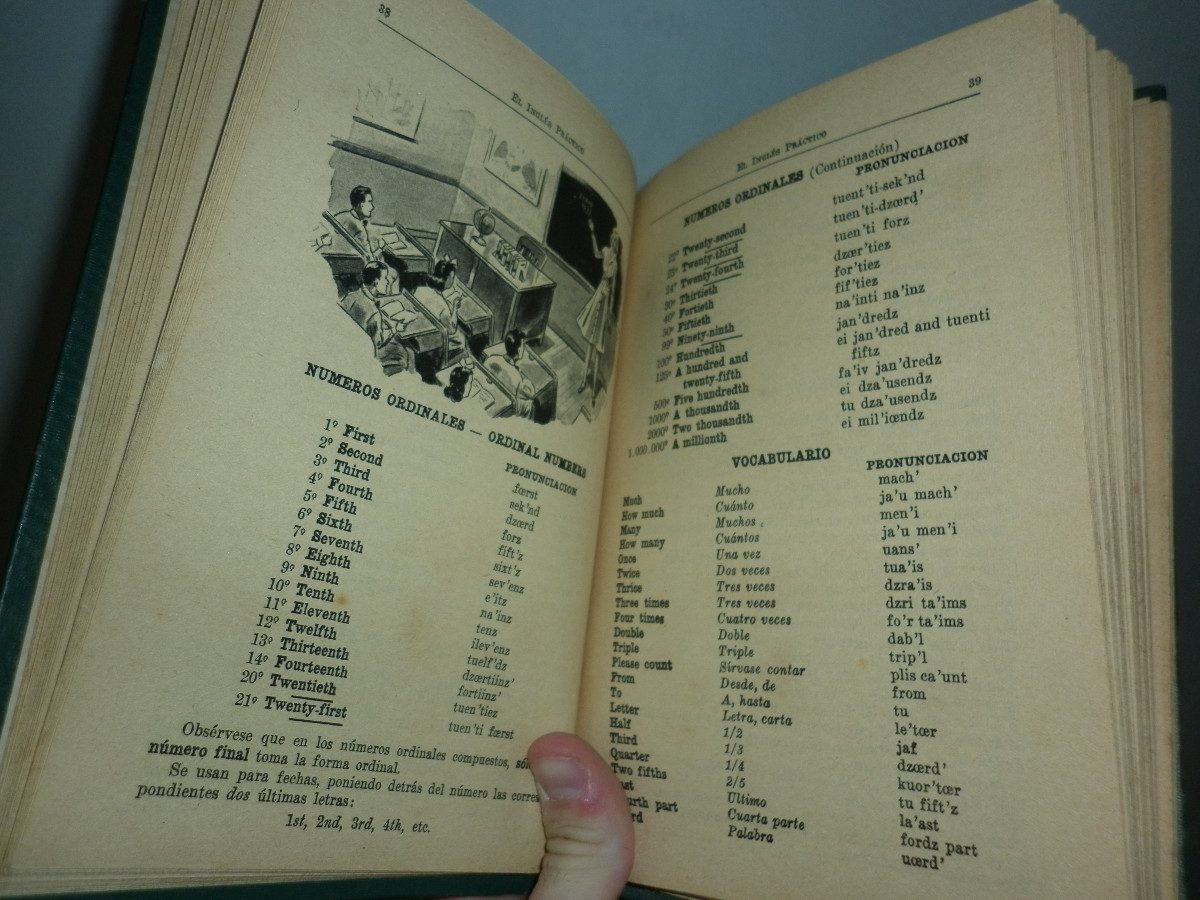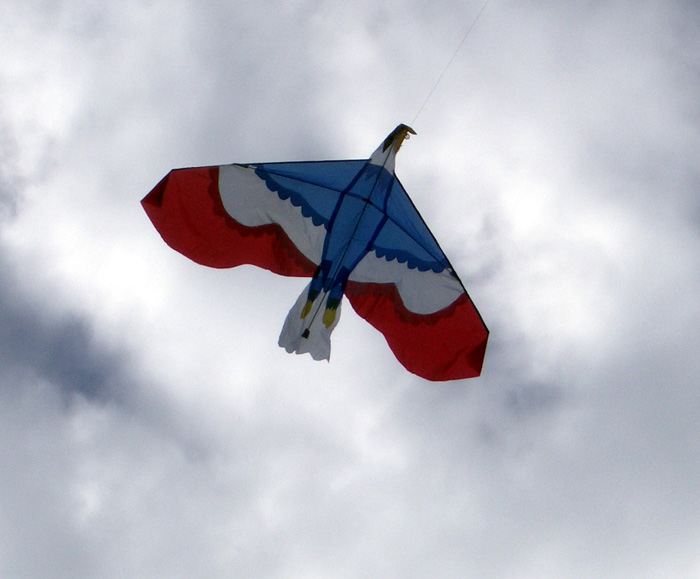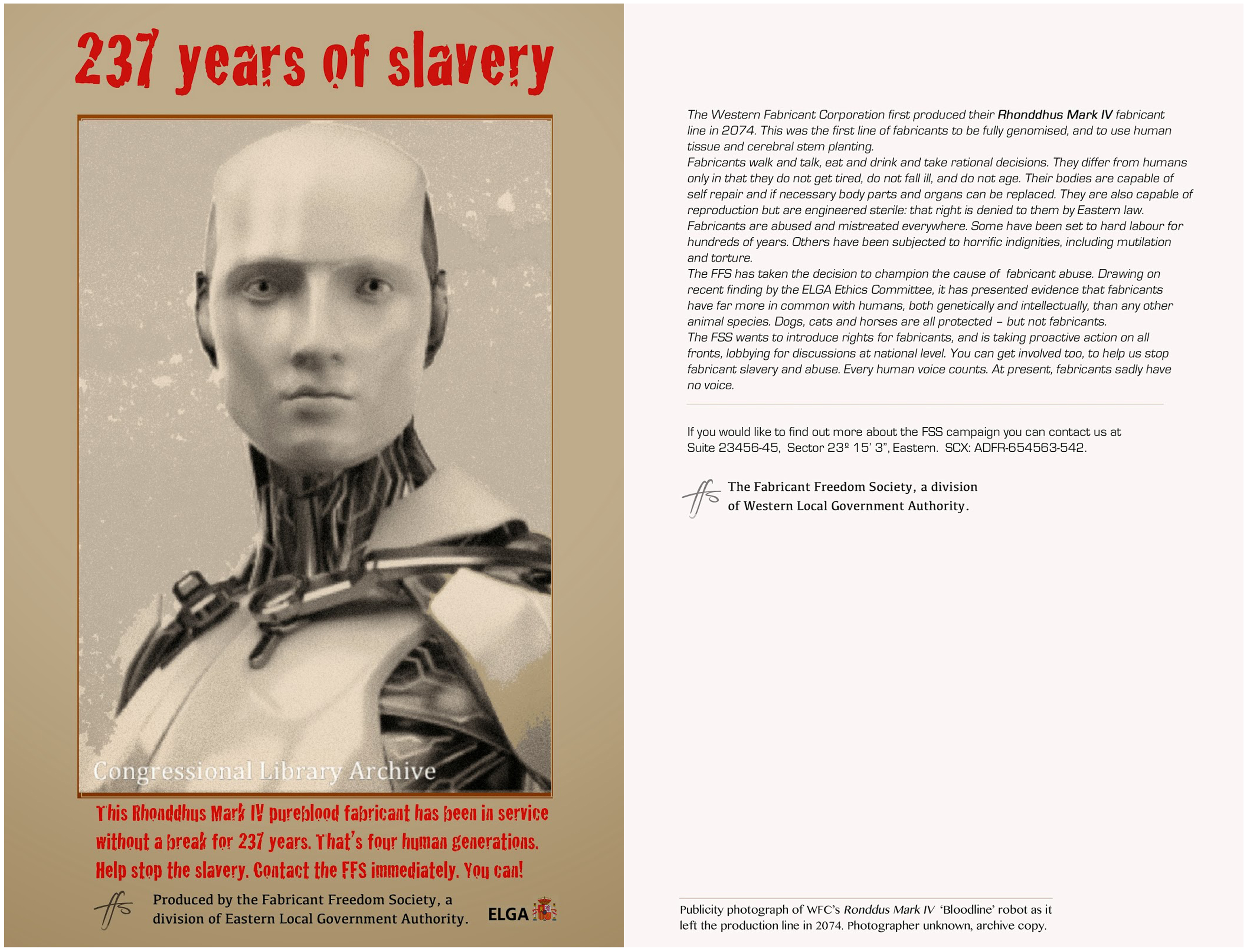It was over coffee that Marie decided the time had come to kill her husband. Like the milk spiralling in her macchiato, the idea had been swirling around in her head for some time but the after dinner conversation had finally stirred her to act. It had also suggested the means to bring Derek’s life to a timely end, as pleasingly as the excellent coffee rounded off a fine meal.
Things had been bad between them for a long time, and it was perhaps odd that it was on this, the most enjoyable evening she had spent in Derek’s company for as long as she could remember, that she was finally goaded into action. Still, she reflected, all things have their time and purpose. Or as Derek, who could only speak in clichés, would constantly say, ‘there is a time and place for everything’.
Well, now there was to be a time and a place for Derek. The time asap, the place tba, she mentally diarised as they thanked their hosts and agreed that yes, they must do this again soon, and yes, it was a warm night for this time of the year, wasn’t it, and no, they hadn’t been at all offended by the host’s obnoxious neighbour who, under the influence of fine wine and dining, had become a little too intimate. The usual platitudes, but it had been a good evening and the drunken advances had not been altogether unwelcome. That would be something she would want to follow up in more sober circumstances.
And the method? Her wine-befuddled mind went back to the coffee table discussion. One of the dinner guests had been talking about her experiences in Haiti, where she had lived for some years as a field anthropologist. She had been telling them about some woman who had been found wandering the streets of Port-au-Prince, confused and unresponding, some thirty years after her death. It seemed that this condition could be induced by injecting toxic substances into the bloodstream.
Well that wouldn’t be much use to me, she had thought at the time. Derek’s bad enough as it is, with his phoney bonhomie and his trite observations, but at least he can dress and feed himself. The thought of wiping away a zombie Dereks’s spittle and getting him in and out of bed or a chair to wipe his arse quickly ruled that one out. But the anthropologist was still speaking to one of the guests, who had now asked about voodoo dolls. No, said the academic, who was holding court with undisguised condescension, in New Orleans, perhaps, but sticking pins in images was more of a European practice. One of many misconceptions of Haitian voudou. Next question please.
Academics, Marie sniffed. With their superiority, their pedantic hedging, their inability to sit either side of the fence without reams of actuarial data and supporting evidence. God save us from academics. But the image of the voodoo doll, or as she had been reliably corrected, the European poppet, stuck in her mind as Derek drove them home and before going to bed she consulted her electronic oracle,Wikipedia. This Pandora’s box of all things wonderful unreliably informed her that a poppet was
‘a doll made to represent a person, for casting spells on that person … may be fashioned from such materials as a carved root, grain or corn shafts, a fruit, paper, wax, a potato, clay, branches, or cloth stuffed with herbs … intention is that whatever actions are performed upon the effigy will be transferred to the subject’.
Outside Marie could hear Derek taking up residence in the bathroom. She printed out the Wikipedia entry, locked it in the top drawer of her escritoire and went to bed. Her own bed. She and Derek hadn’t shared a bed for ten years, hadn’t made love for five, unless you counted that fumbled attempt in Heysham the night the Douglas ferry was delayed, when they had spent the evening in that ghastly local pub warming themselves with the cheap supermarket brandy the bartender had poured from an expensive Courvoisier bottle. Last time she’d had a glass of brandy of any kind, and last time she’d touched Derek in any way. And now to sleep, hopefully to dream of tonight’s drunken dinner guest, who she was now far more likely to touch than Derek. In her dreams, at least, for tonight. Tomorrow she’d see about more physical contact.
* * *
Eight fifty-five the following morning found Marie bright and sober outside the local library. In the cold light of day the idea of causing her husband’s death by sticking pins in an effigy seemed laughable, but she had nothing else planned and at least it would get her out of the house and away from Derek who as she left was braying on the phone in an attempt to get enough cronies around for a bridge morning. God save us from Bridge players, she sniffed. And in my house. Cigarette and pipe ash everywhere. Yellow piss stains around the rim and base of the loo. She’d have to have another word with Mrs Roberts about the way she cleaned lately. Not letting the standards slip in her house.
Marie spent a couple of hours in the library, making notes about the history of poppet dolls in Europe and England. Mumbo jumbo, she thought to herself, this is never going to work, and after a while she abandoned the idea and thought she would look into untraceable poisons instead. She found herself formulating a theory that most criminals were only ever caught because they were stupid, and what would be more stupid than to be seen with books on toxic substances when you would be the prime suspect in your husbands death. This would have to be done anonymously, and would need careful research elsewhere, somewhere that people won’t know her. There would be time for it, but die he would, if not today.
No problem with poppets though, and she swept her mumbo jumbo papers into her bag and drove off to Waitrose to pick up a few bits and pieces and to see if any decent wines had come in since her wasted visit last week. She would have to have words with the manager again if there was no improvement. She returned home at lunchtime with bag of assorted oddments and a half case ofTorrontes, drinkable she hoped, safe in the knowledge that Derek et al would by now be in the Turk’s Head until at least early afternoon and then clocking up eighteen holes at the club, and possibly half as many pints at the nineteenth hole. She was unlikely to see or speak to him today, thank goodness.
Remembering that Mrs Roberts hadn’t been in yet this week, she collected an empty jam jar and a ladle from the kitchen drawer and went upstairs to Derek’s bathroom. One of the privileges of separate bathrooms was that she no longer had to suffer the sight of his naked, walrus blubber body or the sound and smell of his ablutions and noxious secretions, but this physical presence was very much what now attracted her. In his waste bin she found some orange sticks liberally covered in earwax – yes, that would do for a starter. Greying hairs were easily collected from the waste hole in the shower, mulched into a soft mucous mass along with what might well, knowing her husband’s habits, have been semen – and better for her purpose if it was.
Dark yellow in the lavatory bowl showed that Derek had not flushed away his last piss – no surprise there – and she ladled a generous helping into the jar, covering the putrid grey and orange-streaked agglutination. Using his damp flannel as a cloth she managed to mop up a few nail clippings from the floor and added them to the growing specimen collection, a blend unlikely to be offered for sale by Wilkins and Sons, manufacturers of its previous contents. Some scrapings of dandruff from his brush and comb and she was done.
Satisfied with her work Marie went up to her study and unlocked the top drawer of the escritoire. Something stirred her consciousness. Something wasn’t quite right. The paper she had printed out the night before was there but was face up, with the text visible. Surely she had left it face down? Odd, that. But she had been drinking the night before, maybe she was mistaken. She placed the Tiptree jar and the notes from the library inside, locked up again and went down for a glass of torrontes to accompany the pâté and baguette she had bought at Waitrose. She would start work this afternoon.
* * *
An hour or so later, standing by the Rayburn with her third glass of torrontes she took some new white candles from the plastic Waitrose bag and, reaching up to the shelf above her, took down an orangebain marie, a present from Derek’s ghastly sister Maureen, married to the equally ghastly Donald, some kind of mortician would you believe. God help us. She placed three of the candles in the top part of the double boiler, poured some water into the lower part and brought the water to a simmer.
She then added the contents of the jar – Little Scarlet Strawberry, she noticed with a wry smile, her mind winging rapidly and irrelevantly from Miss Scarlett the Cluedo killer, through Vivienne Leigh bedecked in curtains, that woman boiling the bunny in Fatal Attraction (why her?) to the man she might have married, now an earl and entitled to eight strawberry leaves of his own – and put on the lid, setting the timer to 40 mins. That should be enough, she thought. As an afterthought she turned on the extractor, opened the back door and settled down with Doris Lessing, bottle, wine glass and wooden spoon at arm’s length and the Le Creuset bain marie within reach for the occasional desultory stir.
Her appraisal of Anna Wulf’s black notebook broken by the shrill ring of the clockwork tomato, she moved the Le Creuzet off the Rayburn to cool and rolled out some cling film onto her largest cedar chopping board. By the time she had washed up her few lunch dishes and put them away the wax mixture would be cool enough to handle and not yet too hard to knead. She checked the remainder of the tools she would need and set to work.
Following instructions she had found in the library she put on her rubber supermarket gloves, sold in Le Creuset cerise she reflected approvingly, and scooping a couple of glovefuls of the glutinous mess onto her clingfilmed board she began to shape her poppet doll. The beer paunch was a good starting point, and as she kneaded Derek’s Neanderthal forehead and bulbous nose were easy enough to fashion. Had she ever found him attractive, she wondered. She must have done once, attractive enough to conjoin, to engender two children, both long gone now. But that was long ago and far away; another time and another land.
Some of her schoolgirl dexterity began to return unexpectedly as she continued to work and she found herself singing an old favourite from the French class: ‘je suis une poupee de cire ..’. Enough she thought, in an attempt to restore dignity and determination. Another glass of torrontes, and the arms and legs were in place, roughly shaped but quite clearly – to her at least – a little Derek in embryo, a roughly formed but relatively complete assemblage of candle wax and bathroom bits. It was time to start on the finer detail.
Using an old dental pick she had found in her daughter’s room, presumably something from Art College – useless girl, waste of a good education, and she marries that ghastly musician, God save us from aspiring musicians – she began to form fingers, toes, facial features. She didn’t bother about genitals, leaving him without. She hadn’t seen them for years, and frankly had little further use for them. ‘What you don’t have, you can’t use’ she thought as she smoothed the loins into a flat, featureless surface.
She poured the last glass of torrontes carefully, shaking the bottle to make sure the last drop went into the hungry glass. It was drinkable, she decided. Nothing special, nothing great, but at least acceptable. She wouldn’t need to take the manager to task again this week. The wax had hardened by now, and as she exerted pressure on the pick to accentuate the curve of the right ankle, her left elbow jammed hard against a pile of cookery books, her arm slipped and the pick drove right through Little Derek’s ankle and into her finger.
There wasn’t too much blood and the pain soon subsided but she thought that was enough and put a plaster on her finger and Little Derek, now fully grown albeit with a broken ankle, away in the drawer together with all the evidence of his creation. By the time Big Derek came home there would be no signs of the voudou murder plot – which was never going to work anyway, but was a satisfying way to spend a Saturday morning. Next week she would start on the real plot, plan it properly. No more childish games, she would treat this as a real project. Derek was going to die, by poison and she was going to arrange it. But first she had to work out the details.
* * *
Picking up the phone Marie dialled the number of last night’s dinner guest, the over amorous drunk she would need to arrange to meet in order to accept his apology in person. She competently fixed the assignation for eight that evening in Gino’s and looked forward to preparing for her tryst. Killing Derek would have to take second seat for a while. As she put down the phone she felt a slight headache and a throbbing in her left arm. She inspected her left hand, sporting a blood-stained sticky plaster, and peeled it off to examine the wound, The hand was a little swollen with some discolouration around the cut, but nothing much to worry about she decided.
By around five, soaking in a long bubble bath, Marie really felt quite unwell. Her whole left arm was by now numb, and swollen from the elbow down. Her breathing was short, and her vision was beginning to blur. Abstracted and confused, she decided that a cup of tea might help but as she struggled to get out of the bath she slipped and fell to the floor, banging her head against the side of the bath. Dizzy but still conscious, she tried vainly to get to her knees but fell back to the floor. Collapsed on the bathmat she began to move in and out of consciousness, but never moved anywhere else and there she was found the following morning by concerned neighbours, organised by the drunken dinner guest, himself concerned by her non-appearance at Gino’s Trattoria. Because of the curious nature of her death a post mortem was held and the police doctor determined the cause of death as blood poisoning, with toxic substances of unknown origin.
Big Derek had not come home that night, nor the following morning. In fact Derek never came home again. Neither had he been playing bridge or golf the previous day. Where he had been that day, and what he had been doing will probably never be known fully, but what happened that night is a question of fact. His Alfa Romeo was involved in an accident in which he died instantly, and which was also the subject of a coroner’s inquiry.
In fact, Derek’s death has gone down in local police circles as something of a curiosity. CCTV evidence confirms that he had driven that morning from his house and his car was recorded at various locations around the town. He had been seen shopping in a hardware store and also spotted leaving an adult bookshop that specialised in matters of the occult. On the bypass in the late afternoon he had abruptly and inexplicably driven straight across the central reservation and into an oncoming articulated vehicle owned by IKEA, whose Polish driver was shaken but fortunately unharmed. The incident is recorded in black and white, literally so in the CCTV footage.
That much is understood. What is not clear, and probably never will be, is how he can have managed to break his right ankle while driving down an urban motorway. Forensic reports show clearly it can not have been as a result of the crash, yet neither is it clear how he could previously have been driving a car with a broken foot. For a time speculation was rife, but in the end the case was a nine days’ wonder, known now only to older members of the local police, and then rarely mentioned.
The duty pathologist, in accordance with the duty rosta, turned out to be the brother-in-law of the deceased. Disposing of Derek’s effects after the inquest he was rummaging inside the corpse’s jacket pockets when he came across something rather odd. It was not at all clear what it was, but it seemed to be a misshapen ball shaped object formed of some indeterminate greasy, waxy substance. Momentarily curious, the mortician rolled it around in his fingers a moment, sniffed it inquisitively and then threw it unceremoniously into the waste disposal unit. Later that night he felt quite unwell, but said nothing, putting it down to the police canteen cooking.

